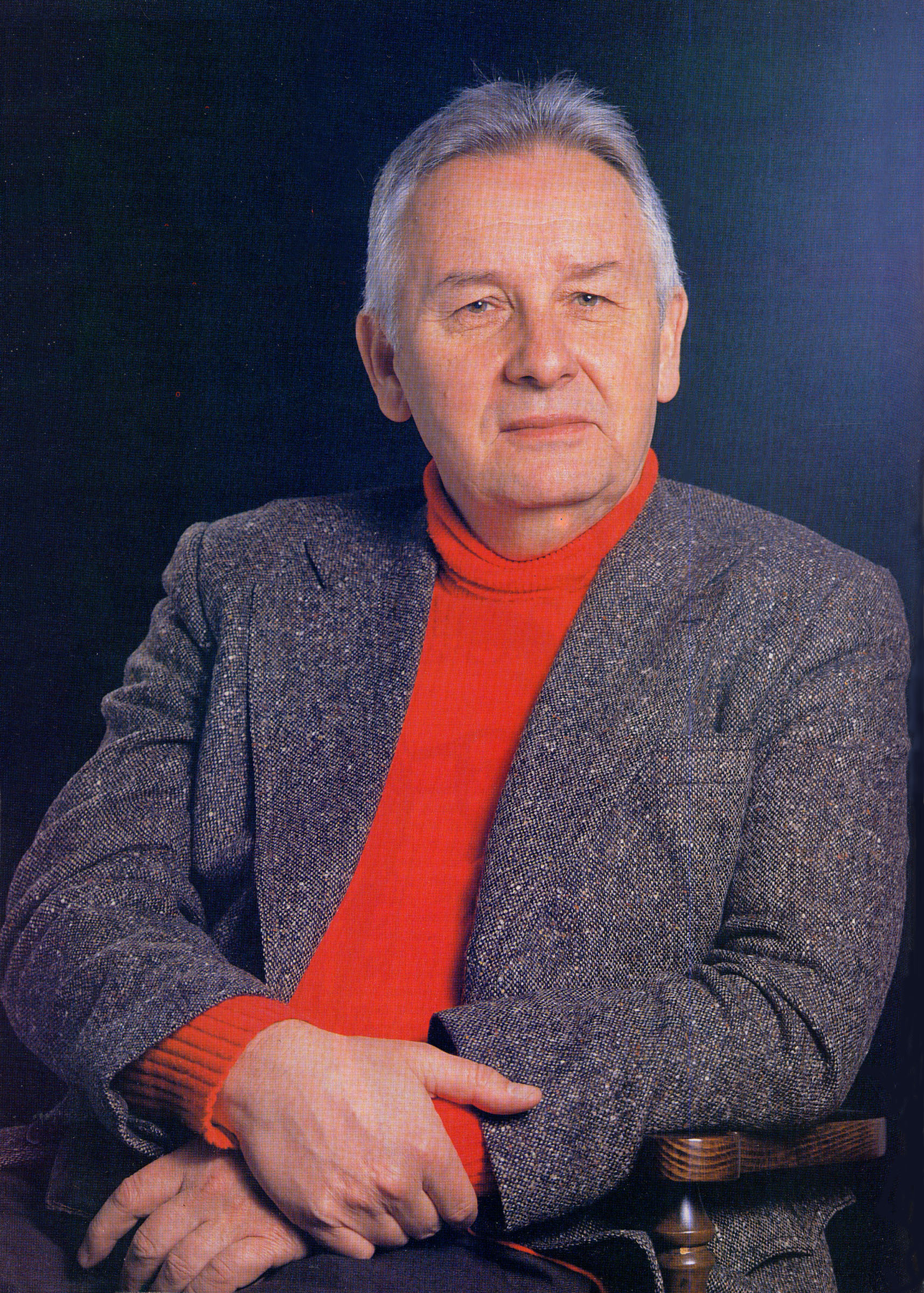Henryk Górecki
 Henryk Mikołaj Górecki ( , ; 6 December 1933 – 12 November 2010) was a Polish composer of contemporary classical music. According to critic Alex Ross, no recent classical composer has had as much commercial success as Górecki. He became a leading figure of the Polish avant-garde during the post-Stalin cultural thaw. His Anton Webern-influenced serialist works of the 1950s and 1960s were characterized by adherence to dissonant modernism and influenced by Luigi Nono, Karlheinz Stockhausen, Krzysztof Penderecki and Kazimierz Serocki. He continued in this direction throughout the 1960s, but by the mid-1970s had changed to a less complex sacred minimalist sound, exemplified by the transitional Symphony No. 2 and the Symphony No. 3 (''Symphony of Sorrowful Songs''). This later style developed through several other distinct phases, from such works as his 1979 ''Beatus Vir'', to the 1981 choral hymn ''Miserere'', the 1993 ''Kleines Requiem für eine Polka'' and his requiem ''Good Night''.
Henryk Mikołaj Górecki ( , ; 6 December 1933 – 12 November 2010) was a Polish composer of contemporary classical music. According to critic Alex Ross, no recent classical composer has had as much commercial success as Górecki. He became a leading figure of the Polish avant-garde during the post-Stalin cultural thaw. His Anton Webern-influenced serialist works of the 1950s and 1960s were characterized by adherence to dissonant modernism and influenced by Luigi Nono, Karlheinz Stockhausen, Krzysztof Penderecki and Kazimierz Serocki. He continued in this direction throughout the 1960s, but by the mid-1970s had changed to a less complex sacred minimalist sound, exemplified by the transitional Symphony No. 2 and the Symphony No. 3 (''Symphony of Sorrowful Songs''). This later style developed through several other distinct phases, from such works as his 1979 ''Beatus Vir'', to the 1981 choral hymn ''Miserere'', the 1993 ''Kleines Requiem für eine Polka'' and his requiem ''Good Night''.Górecki was largely unknown outside Poland until the late 1980s. In 1992, 15 years after it was composed, a recording of his ''Symphony of Sorrowful Songs'' with soprano Dawn Upshaw and conductor David Zinman, released to commemorate the memory of those lost during the Holocaust, became a worldwide commercial and critical success, selling more than a million copies and vastly exceeding the typical lifetime sales of a recording of symphonic music by a 20th-century composer. Commenting on its popularity, Górecki said, "Perhaps people find something they need in this piece of music ... somehow I hit the right note, something they were missing. Something somewhere had been lost to them. I feel that I instinctively knew what they needed." This popular acclaim did not generate wide interest in Górecki's other works, and he pointedly resisted the temptation to repeat earlier success, or compose for commercial reward. Nevertheless, his music drew the attention of Australian film director Peter Weir, who used a section of Symphony No. 3 in his 1993 film ''Fearless''.
Apart from two brief periods studying in Paris and a short time living in Berlin, Górecki spent most of his life in southern Poland. Provided by Wikipedia
1